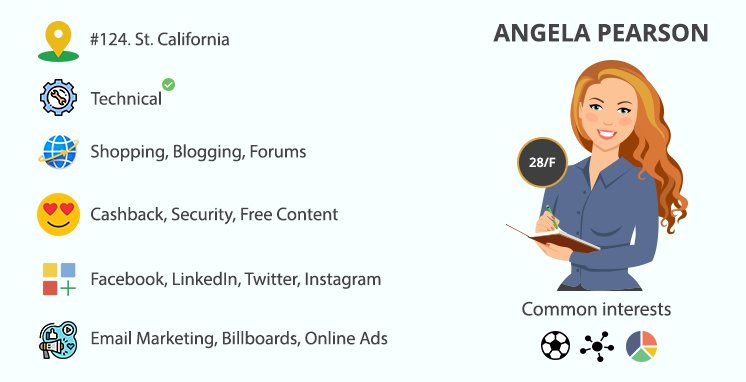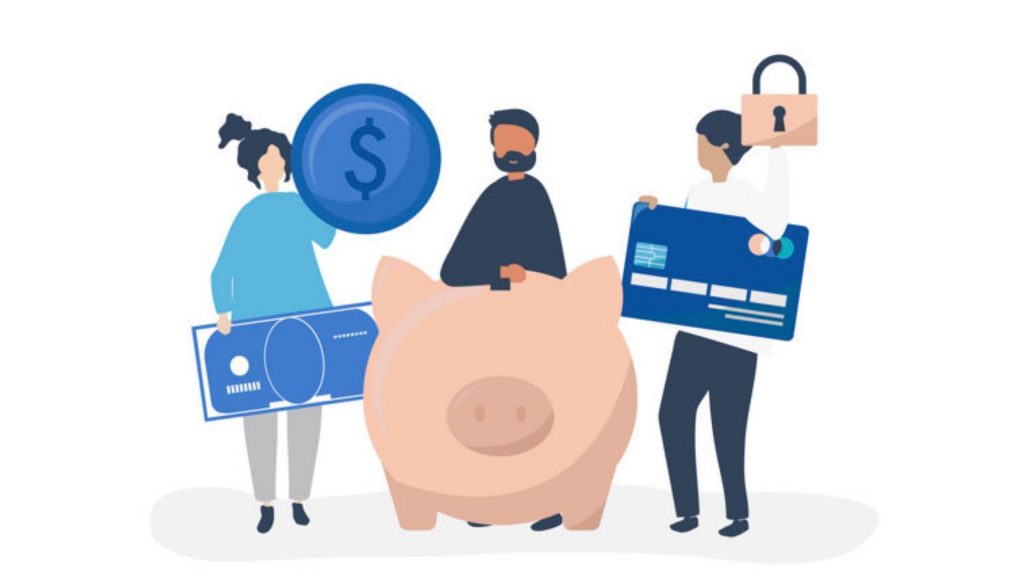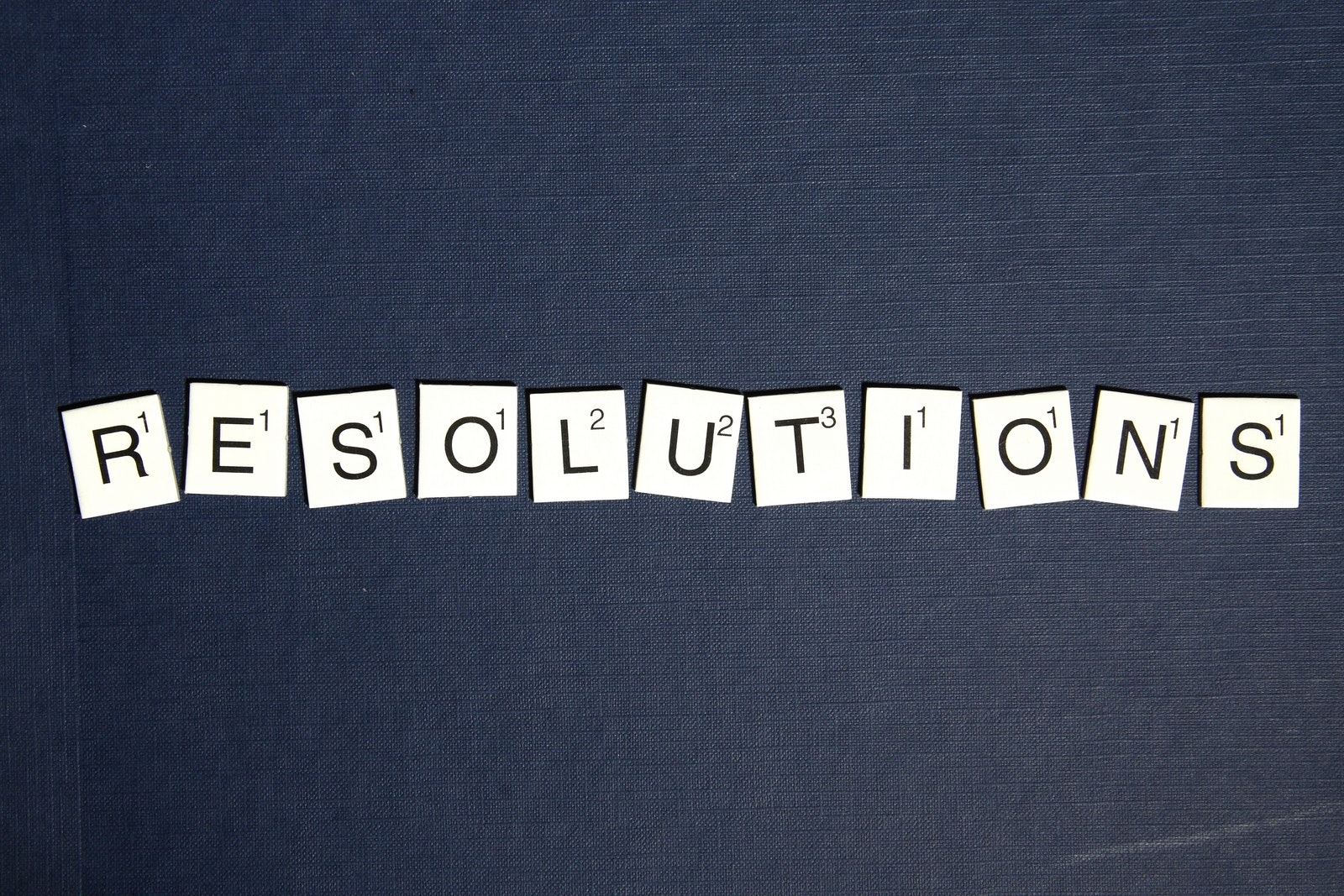It’s a bit of a euphoric moment when that incredible idea first strikes your mind. You say to yourself, I’m a genius, I’ve got the greatest mind ever, I’m going to change the world and so on. The glorious moment is cut short though as reality kicks back in. You have to consider the countless uninteresting bits about app development and soon you start to feel unsure about whether or not your idea stands a chance to see the daylight? Well, if you find yourself caught in a whirlwind of app development dilemma, then this blog is for you. Learn how to take your app idea from the conceptualization stage to near development.
1. Does The Idea Solve Some Problem?
The very first step to becoming a successful Appreneur is to figure out if your idea will solve anyone’s problem. That calls for an objective view because it’s quite easy to get excited about your own idea, thinking no one has ever done anything like this before and how your app will be the talk of the town in no time etc.
What you should do instead, the moment an app hits you is go for an idea screening. Herein, you try to define your idea and look to address some key questions such as:
The problem that exists in a given industry/market
How will my solution solve that problem?
What separates my solution from others like it? (USP)
Who will be my target audience?
Once you have answers to all these questions, you’ll be in a better position to decide whether your idea is worth pursuing.
2. Get Acquainted With The Market

To successfully crack into any market, you need to get a good understanding of how it works. There are two ways of going about it. Either you start your own research, gain all the necessary experience and then apply your knowledge to build a powerful solution or you partner someone who has done all the hard graft in the industry and is ready to become your navigator.
Never, under any circumstances, jump into a market blindly. The journey to app success can throw all sorts of challenges at you and without proper knowledge of the market, it’s very difficult to stay on course. We find SWOT analysis to be a great way to go about building an app. It helps you define your overall app vision in the context of the industry you’re targeting.
3. Take Stock Of The Competition
This one is slightly related to the previous point, but given its significance, it does deserve a special mention. You’ll find all sorts of methods and guidebooks on how to go about performing competitor analysis. But for the sake of brevity, here’s our version:
Make a spreadsheet consisting a list of all the competitors.
Dig up info about their origin, HQ, website, app ratings etc.
Find out what’s their monetization model
Make a list of key points of differences on which you can compare the features they’re offering with the ones you might be considering.
Arrive at the USP at the end of your research.
Some people look at the competition and get discouraged very easily, thinking they stand no chance whatsoever. But success can be had with the right strategy. Look to focus on your own USP and market your app in such a way that your audience is forced to prefer your solution over your competitor’s.
4. Understand Your Target Audience
As well as having a good understanding of the market, it’s also important to understand your potential customers/clients. After all, your app will stay alive and kicking as long as you have a strong user base. With the wealth of data available these days, you can go to any length to create buyer-personas. Whether you go ultra-micro or just cursory details, you should have some kind of a user-profile to work with. Here’s what one looks like:

A buyer persona is very useful not only when you’re building the app with a certain type of person in mind, but also later on as the guiding light to create a marketing plan.
5. Follow Them Closely
Now, a lot of people wouldn’t really buy into this method, but it has been proven to work. When all the theoretical data seems too much to process, you can try going out into the thick of the action. By now you have figured out your user-base and where they’re most likely to be found. It could a group of students, or a coterie of artists, all you need to do is be around them. This will give you the closest, real-life view of the problem you’re trying to solve and whether or not your app idea is good enough for that.
6. Don’t Be Afraid To Seek Counsel
A lot of times people feel they had the best app idea ever but just couldn’t create it big enough. Well, one reason why that happens is people don’t discuss their ideas a lot. There’s always that fear of being robbed of your imagination, but you could intelligently decide what are the best people to discuss your idea with. Usually, your trusted peers and your target audience are the most obvious ones.
Communicating what you have to offer with others will help broaden your understanding as you start receiving their inputs and suggestions. You never know, some of those people may turn out to be early adopters of your app or your business partners down the line.
7. Prepare A Financial Plan

Now, you may not be a fan of calculations, but building an app will take you down the road of setting some financial projections. So, here you’re required to define your business model(i.e. how your app will make money) and make a guess on how many users will be on board.
It’s also important to give a thought to the exit strategy. You might decide that you’re not going to worry about money in the initial stages as your focus will be dedicated towards user-acquisition. But even so, you must have a plan for what you would do once you do go on to acquire the projected number of users.
8. Finally, Don’t Forget Marketing!
Don’t delude yourself into believing that your app will sell itself. No, you have to market the app to that target audience you spent so much time understanding.
Now, how to market an app is a whole new topic altogether. You can start off by assigning an annual lifetime value to each customer profile. Once you know what this value will be, you can arrive at the exact budget you need to set aside for app marketing.
Final Thoughts
So, those are the 8 points you need to keep in mind once you’ve got an app idea. Finally, it’s worth mentioning that no amount of research and risk mitigation can ensure absolute app success, but that shouldn’t dissuade you from not pursuing it altogether.
Every outcome whether desirable or otherwise serves a purpose. Who knows, the lessons learned from the mistakes you made with your first app idea could help you overcome challenges in your future undertaking. Have you tried to build an app? How was your experience? Share your thoughts in the comments section below:







A great content as usual by code brew interesting to read with a lot of information need to know great work guys..